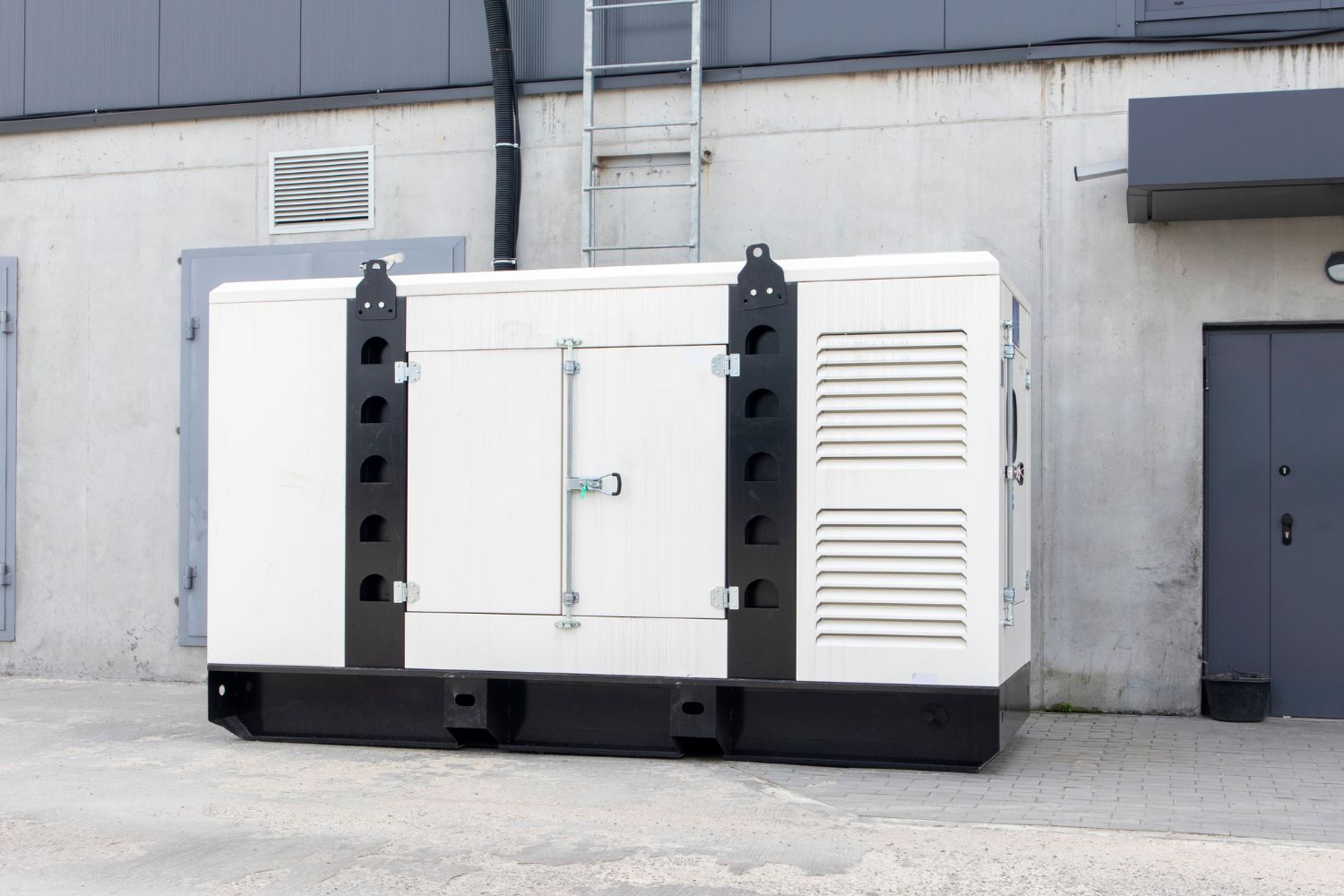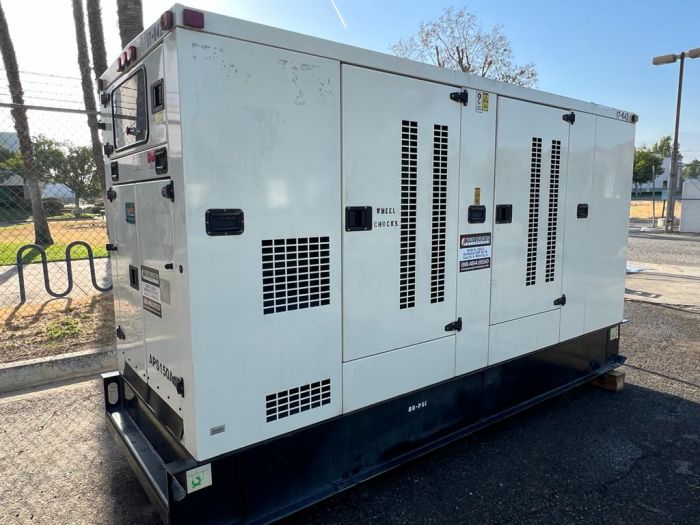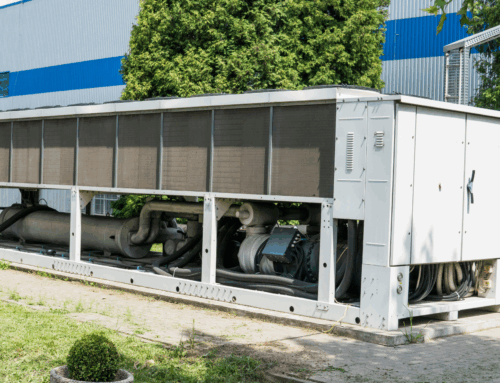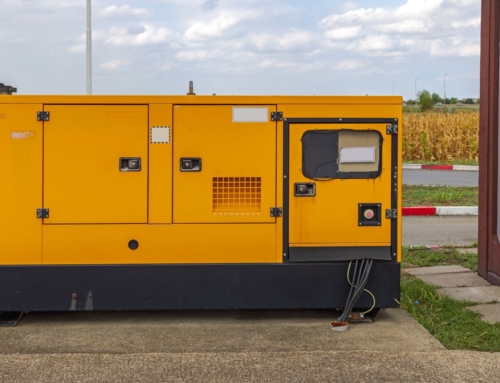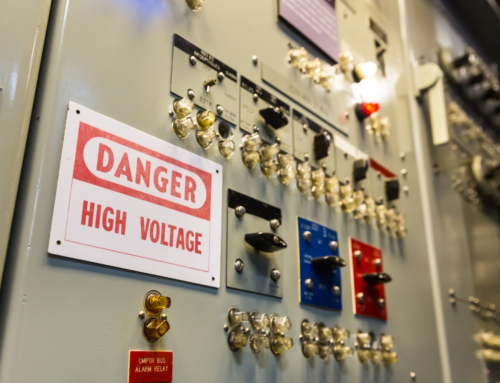What if your city experienced a regional power cutoff for safety reasons? How would your operations continue?
With the statistics suggesting that the frequency of outages increased from 1.2 to 1.42 events per customer per year, is your business well-braced?
Most commercial buildings do not have generators ready for use in case of power failure, which is crucial for business continuity. No firm wants to incur losses due to unplanned power outages.
Unfortunately, when business facilities fail to supply adequate power and also do not have a backup system to ensure that services are restored, as if no problem had occurred, cash is wasted. Power shortages in commercial buildings can impact all types of businesses by affecting consumer confidence, creating problems related to the IT systems, the safety and security of the facility, and decreasing the revenue stream.
What is the Use of a Generator?
Diesel generators are a vital part of any business continuity strategy. Brownouts or outages can be challenging problems that can affect the operations of a company in unpredictable ways. These problems can range from inclement weather or damage to power lines. In such situations, diesel generators, which are often coupled to diesel engines, can mitigate the damage caused to a company by guaranteeing a normal power supply.
What Kind of Businesses Can Benefit from Such a Setup?
Permanent generator installation is beneficial for every kind of commercial building, including data centers, office buildings, malls, airports, and shopping centers. Commercial buildings should provide space for larger gas and oil or diesel generators to power the building’s critical systems. Such critical systems need to be created with the explicit consideration of the building’s users. Using the right generator, you can rest assured that your commercial establishment will have power when it needs it the most with either a natural gas or diesel supply.
Why Do You Need Generators for Commercial Buildings?
Here’s why your commercial building needs robust generators:
Ensured Safety
If your commercial building is meant to operate without a generator, then there may be great risks concerning the safety of your workers and customers. When considering the safety of your premises, you will need to invest in additional generators to increase your business resources.
A standby portable generator can keep your equipment functioning and also allow the safety and security systems to function. To make your work uninterrupted when the power is unavailable. One can also install a standby generator and connect in such a way that the generator automatically takes over when there is any power failure.
Maintained Productivity
If your business has no power for a certain period, it will affect your company’s production. This is done to ensure that the employees do not lose their productivity as a result of potential power outages. One of the best ways to solve this problem is to have some backup generators at hand. Your generators will provide sufficient power to meet all the needs of your business until the power is restored to your business.
Consistent Comfort
With no electricity, ventilation systems and lighting will not work in your building. When it comes to a system of comfort, backup generators will provide you with the ability to utilize all of the elements of comfort when the power goes out. It can, therefore, be used even if the rest of your area does not have electric power.
Consult your electrician to ensure that your HVAC system is directly tied to your new generator. Generator power enables one to control the heating or cooling of their building. This can be especially helpful if your building is used to store servers or any other temperature-sensitive machinery.
Facilities and Power Losses
What would happen if you suddenly experienced an outage from a storm where your area lost all of its power? Like most business facilities across the nation. It cannot be expected to survive constant interruptions in electricity supply.
Most commercial facilities lack appropriate backup power, which would be crucial for keeping the facility up and running in case of a total power outage. It is high time to stop and analyze your commercial building facility and decide what should be done to ensure your facility.
Blackouts And Power Outages
Unplanned disturbances, which occur primarily on power lines and wires, are responsible for most blackouts. Catastrophic events like storms may lead to the failure of the entire system.
It also highlighted the potential of large-scale super-regional blackouts occurring. Small outages are also catastrophic to volatile businesses.
There is still no element of codes and rules associated with extreme conditions. The issue suggests that the design of emergency power systems according to the code alone may not guarantee the elimination of the failure of emergency systems. Allowing for a common-sense approach that goes beyond the code when locating components also helps improve the reliability and flexibility of the emergency backup and standby power system.
How Much Does a Commercial Generator Typically Cost?
You may also feel overwhelmed if it is the first time you are looking for a generator. There are many factors, such as wattage, location, type, and size, that may influence your choice. It is thus no wonder that the prices of generators range over $350 – $20 000 depending on these factors. An example is a portable standby generator with 3,250 watts; it costs approximately $ 320. However, these low-wattage generators tend to be more appropriate for household use and, therefore, may not be satisfactory for your needs.
Knowing the kW needed for one’s convenience can also help one calculate the cost of a commercial generator. The current cost is estimated to be in the range of $ 300 to $ 500 per kWh. Small to medium-sized businesses need commercial generators that range between 2kW and 20kW.
For industrial businesses with large-scale productions, 20kW to 250kW is ideal. The price of the entire installation can be much higher than the price of the generator alone – depending on the conditions and requirements of the facility.
Secure Your Business with CS Diesel Generators
Generators are crucial for commercial buildings since they assist in the supply of power and perform as backup systems. CS Diesel provides you with high-quality generators attuned to your business requirements and helps protect your business from power outages and critical system failures.
Explore the best quality, reliability, and service. Check out our top new picks and a full list of used generators. Together, let’s protect your business’ power supply today!
Common Questions About Generators for Commercial Buildings
Q1. Why do commercial buildings need generators?
Generators ensure uninterrupted operations during outages, prevent damage to sensitive equipment, and maintain safety and security standards and regulations. They are indispensable for avoiding the losses of time and money.
Q2. How do generators protect sensitive equipment?
Generators provide a constant flow of energy when there is a power surge or outage, which may cause computers, servers, medical devices, etc., to either abruptly stop or stop safely.
Q3. What types of commercial buildings benefit the most from generators?
The application of backup generators is beneficial for hospitals, data centers, financial institutions, restaurants, stores selling equipment, and other facilities housing critical or sensitive equipment.
Q4. Are generators required by law for some commercial buildings?
Commercial buildings, including hospitals and data centers, can typically be classified as commercial buildings with mandatory backup power installations. Generators assist in fulfilling these legal obligations.
Q5. How can generators enhance customer and client confidence?
Generators allow the business to run smoothly during power cuts and provide customers and clients with confidence that their needs will be met in such times and can form vital aspects of building the trust and loyalty of the customers and clients.
Q6. What are the economic benefits of investing in a generator?
Generators also prevent the financial loss incurred due to the machine’s stoppage, breakdown, or contamination of the products. There is an initial investment, but the long-term economic benefits and operational continuity are also ensured.
Q7. How do generators support business continuity plans?
Generators are vital business continuity tools used to sustain core operations in case of power failures. This means that businesses can overcome interruptions, restore their reputation, and achieve recovery goals effectively and efficiently.

